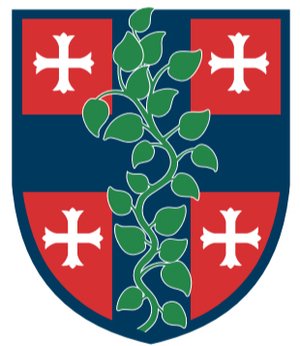PAGE LINKS: The Afghan Family ~ Mari Abad ~ Afghan Refugee Presentation ~ Hazaras ~ Welcome Corps ~ Status of Our Efforts
Hazaras
The family are ethnic Hazaras, a predominantly Shiite minority, descendants of Genghis Khan and Turkic tribes. physically distinct from the Pashtun majority and others in the region. Hazaras have been widely persecuted by Sunni ethnic groups, the Taliban, ISIS, and al Qaeda as Infidels.
Hazaras have had little coverage by US media, yet they have been a major target of violence and discrimination in Afghanistan. They have been the targets of most of the terrorist bombing of mosques and schools (as Hazaras educate their girls) that we have heard about happening in Afghanistan over the past two decades.
Hazaras, like Kurds, are stateless. They have been a majority in a few of the rural Afghan provinces. Many have had migratory histories, so a significant number of Hazaras are found in Iran, Turkmenistan, Tajikistan, Uzbekistan, and Pakistan (particularly in Mari Abad and Hazara Town by Quetta (where the family is now located). Male Hazaras migrating to Iran have often been forced to serve in Iranian paramilitary groups in Syria, Iraq, and/or Yemen
Hazaras speak Dari and the Hazaragi dialects of Farsi/Persian. Dari is one of the two official languages of Afghanistan. However, the Taliban are almost entirely Pashtuns and speak Pashto. Virtually no Hazaras are part of the current ruling structure in Afghanistan or any other country.
Hazaras observe Shiite Muslim holidays and cultural traditions. Hazara women tend to wear Hijabs and tend to avoid contact with men outside of their families. Most marriages are arranged/negotiated between the parents of the prospective families. Many Hazara women marry at young age (late teens to early twenties) and become incorporated into their husband’s family. Men tend to be the bread winners and women usually tend to households and children. Adults are usually expected to support aging parents and relatives in need.
Hazaras have valued education of both males and females and generally have co-educational schools. Their schools include some Islamic studies but cover the typical disciplines in Western countries. The school year runs from the beginning of March to the end of December. During the twenty years without Taliban rule, many Hazara young men and women attended Afghan universities. However, the quality of those universities does not compare with those in more developed countries.

